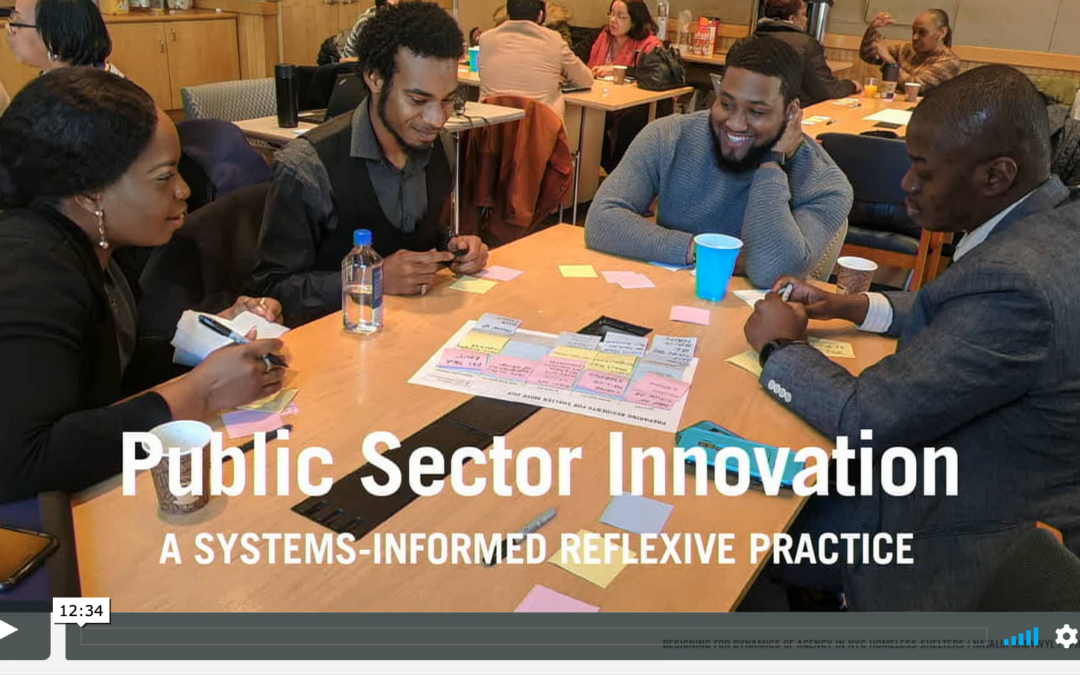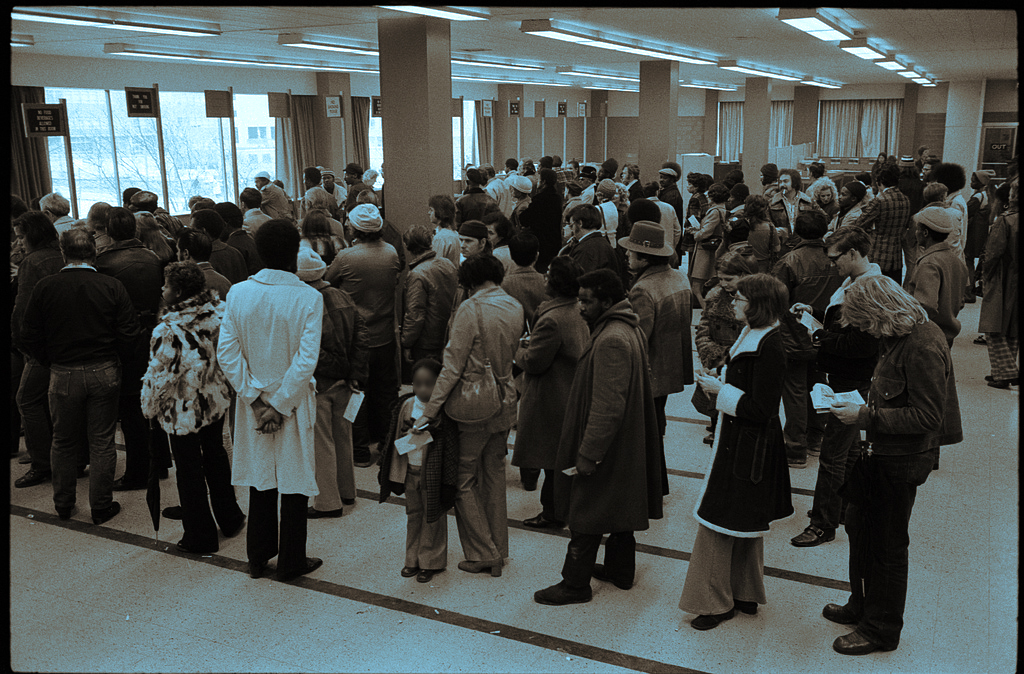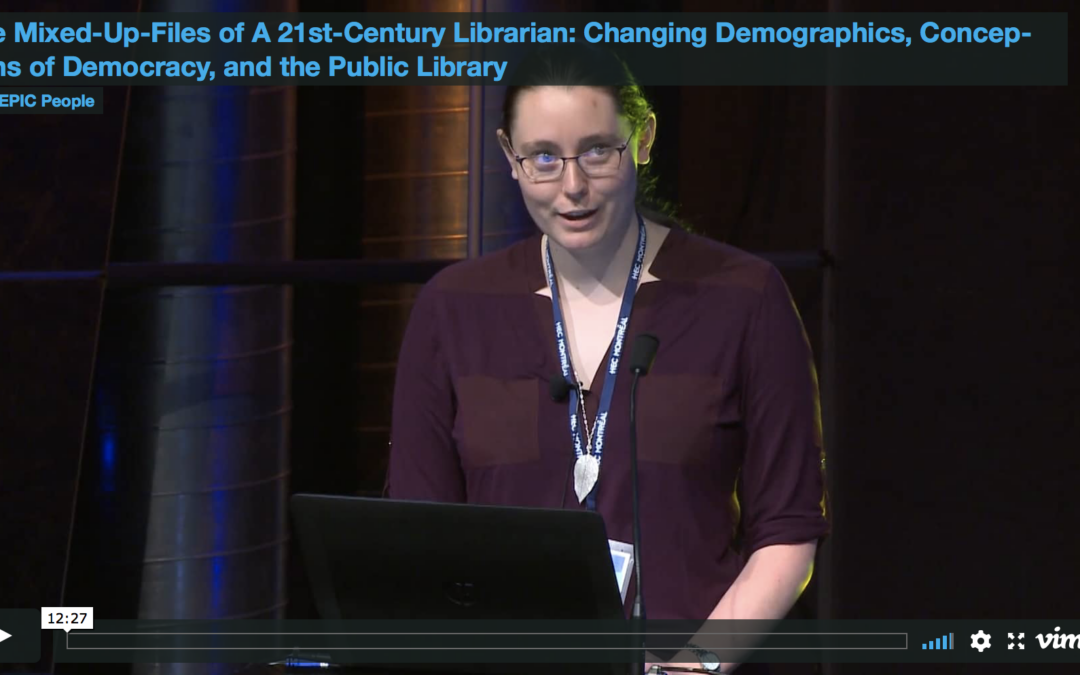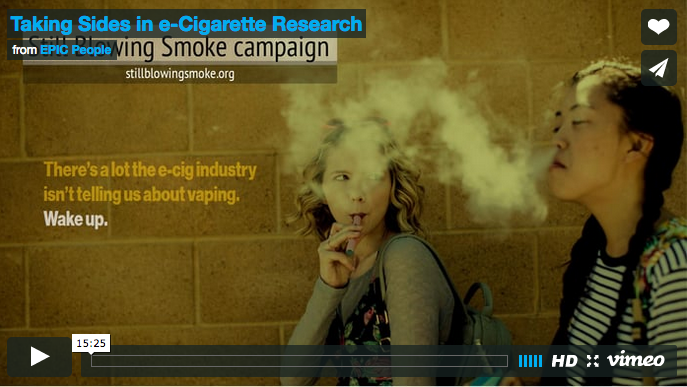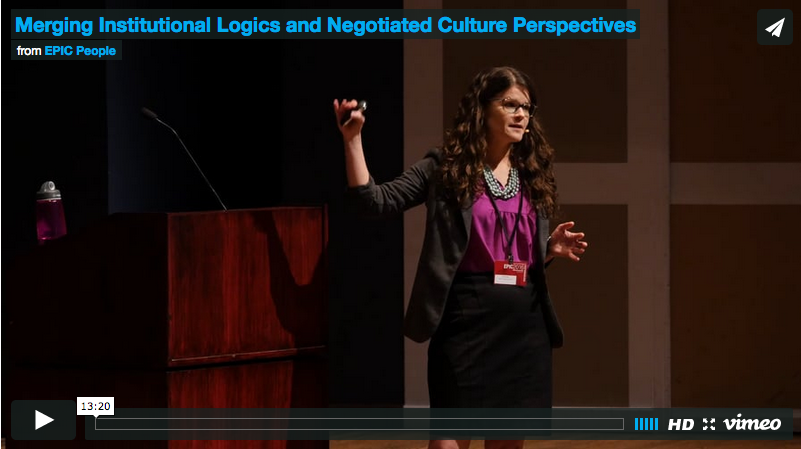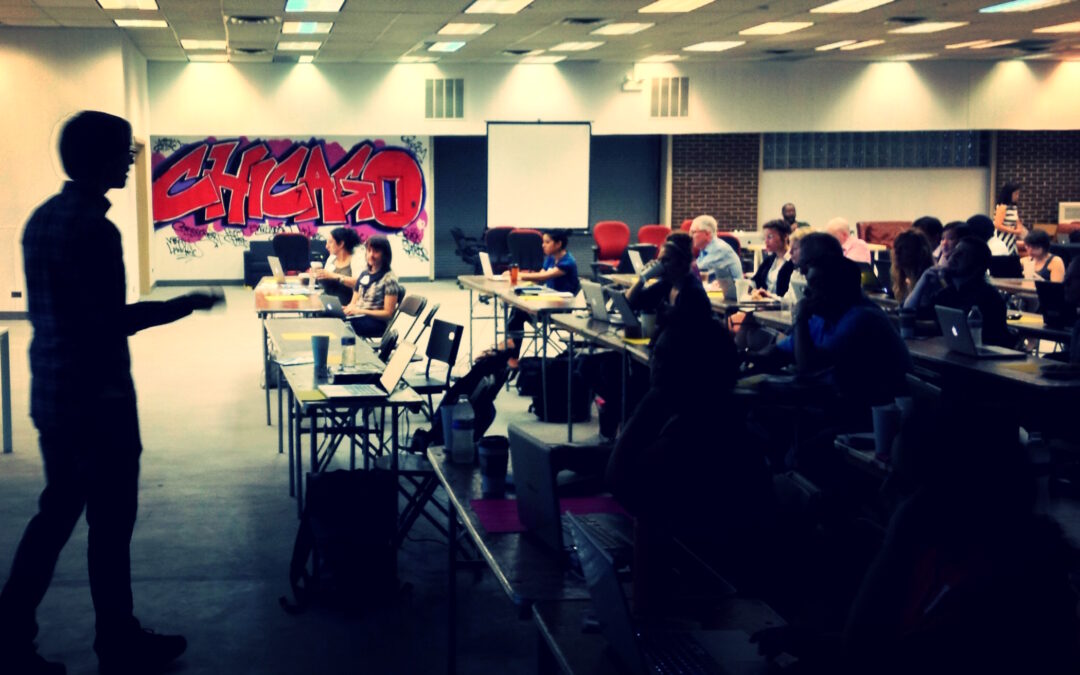Public sector innovation (PSI) is an emerging multidisciplinary field that is attracting practitioners from a wide range of sectors and industries, with a correspondingly broad set of skills and experience. PSI aims to significantly improve the services that a government has the responsibility to...
